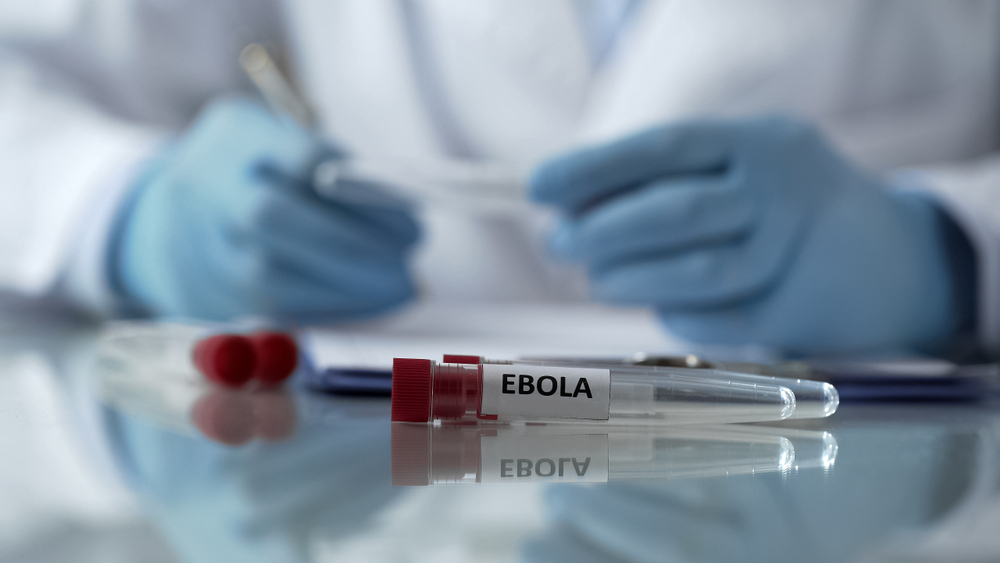
With an Ebola outbreak in the Democratic Republic of the Congo (DRC) ongoing, in part due to ongoing incidents of violence hindering the ability to respond effectively, the World Health Organization (WHO) has revised its vaccination strategy and issued new recommendations for the best path forward.
The recommendations, from the international body’s Strategic Advisory Group of Experts (SAGE), include the introduction of another experimental vaccine to aid efforts, expanding the vaccine-eligible population, as well as working to make the vaccination process faster, adjusting dosage and growing training efforts for medical personnel in Ebola-affected communities.
Part of the effort to speed the process along includes pop-up and targeted geographic approaches — measures that will also help get around the limited time that vaccination teams can often spend in communities, due to security concerns. Additionally, SAGE wishes to adjust vaccination efforts to include those in areas where there have been reported Ebola cases within the past 21 days, coupled with broader inclusion among the community.
People at highest risk will now receive 0.5ml of vaccine instead of 1ml, which is equal to the dosage administered during the successful Ebola ça suffit ring vaccination trial in Guinea in 2015. Less critical cases will receive doses 0.2ml, which is one-fifth of the current treatment administered to lower risk patients.
“The SAGE emphasized that ring vaccination of contacts and contacts of contacts continues to be the preferred strategy,” Helen Rees, Co-Chair of the SAGE Ebola Vaccines Working Group, said. “However, the Working Group recognized that the current emergency and the available evidence called for a dose-adjusted approach to ensure vaccine continues to be available and offered to individuals at greatest risk of Ebola.”
The search for additional Ebola vaccines is a continued request of SAGE. They want to see an alternative vaccine offered for those at lower risk, while WHO and its partners also investigate the possibility of a Johnson & Johnson-developed vaccine known as adenovirus 26 vectored glycoprotein/MVA-BN.
The WHO calculates that more than 111,000 people have been vaccinated in the DRC since the outbreak first began in 2018.




